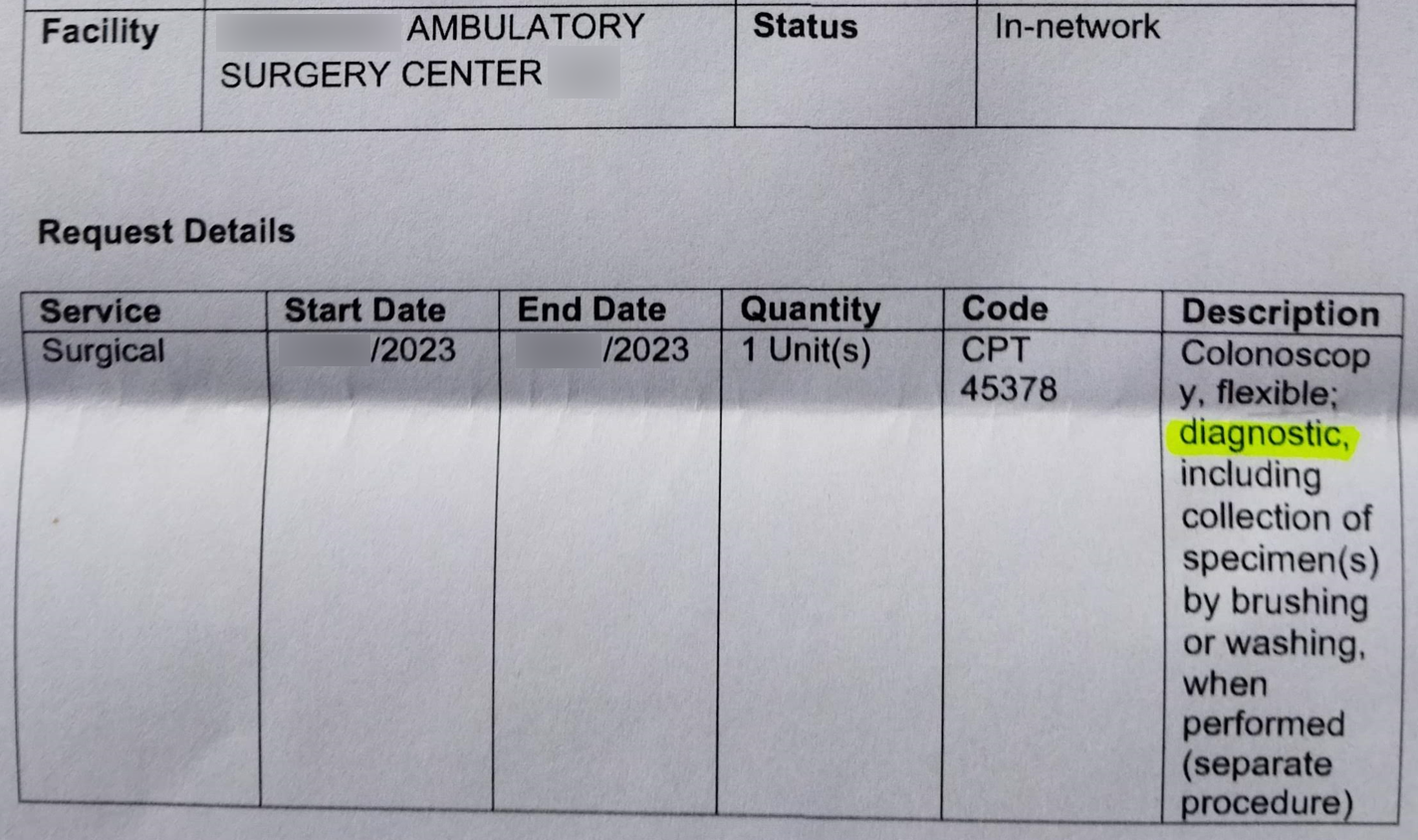A reader commented recently on our site, asking for more information about health insurance legislation pertaining to colonoscopies. The vast majority of individual health insurance policies in Colorado do not cover preventive colonoscopies. Anthem Blue Cross Blue Shield is the notable exception, as they already provide preventive colonoscopy coverage on their Lumenos HSA plans.
But the question prompted me to research this further, and I came across the 2009 Colorectal Cancer Legislation Report Card. I was thrilled to see Colorado with an A, as it had been an F until this year. I called the Colorado Division of Insurance today to get more information about the new legislation. The changes will go into effect on July 1, 2009 and will require all Colorado health insurance providers to cover preventive colon cancer screening for policy holders over the age of 50, and screening for younger policy holders who are considered at high risk for colon cancer. The legislation pertains to both individual and group health insurance policies.
I’m curious to see how much this will impact individual health insurance premiums over the next few years. Colonoscopies are expensive, but the legislation follows the guidelines that recommend one preventive colonoscopy every 10 years for people over age 50, in addition to a flexible sigmoidoscopy and double contrast barium enema every 5 years. That really doesn’t impact a large portion of an individual health insurance carrier’s book of business. There’s only 15 years between age 50 and Medicare eligibility, so an insurance company will be on the hook for at most two colonoscopies per member. And of course the cost is much less than paying to treat full blown colon cancer if polyps are not caught early through preventive cancer screenings.
I’m also curious to see if the average cost of a colonoscopy goes down in Colorado after the first of July. As with any covered medical procedure, I’m sure that the health insurance networks will be negotiating prices that are considerably lower than the patient-pay rates. This seems like a win-win for everyone, because even though the doctors will get paid less per procedure, they should see an increased volume of business after the legislation goes into effect.


